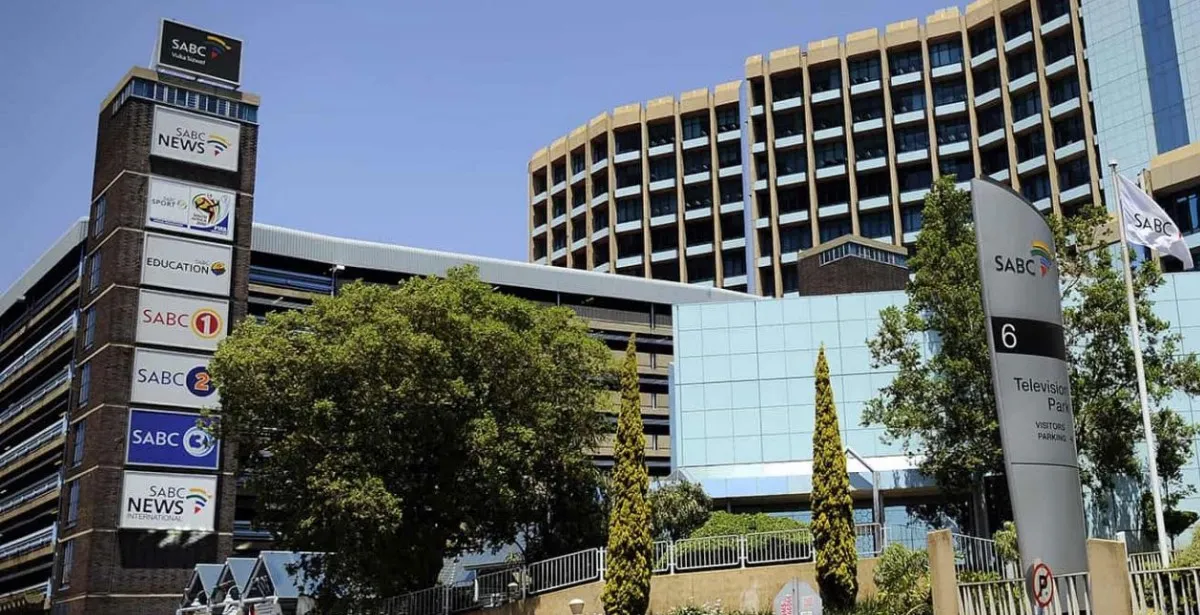
Is the SABC facing an inevitable collapse?
This week, Parliament’s portfolio committee heard that the SABC is financially unstable and approaching collapse. Here’s the latest…

Khusela Sangoni Diko, Chairperson of Parliament’s Portfolio Committee on Communications and Digital Technologies, warned that the SABC faces serious trouble.
She briefed the media on Monday, 8 September 2025, about the broadcaster’s financial instability and the risk of imminent collapse.
Diko expressed concern over the SABC’s viability, especially given the strain on other state-owned entities (SOEs). She explained that the broadcaster’s funding model is outdated and lacks infrastructure for future sustainability, citing declining TV licence revenue and the rise of free digital platforms like YouTube.
SABC NEXT TO FALL
It’s no secret that the national TV broadcaster’s current licence model has very low compliance and an even lower collection rate. The SABC holds R4.09 billion in assets but owes R4.12 billion in liabilities, leaving the SOE nearly R40 million in the red. Despite this, the broadcaster still employs more than 2,000 full-time staff, each earning over R55 000 per month.
Meanwhile, senior SABC management continues to earn as much as R1.5 million annually. The question must be asked whether this taxpayer funding can be put to better use elsewhere.
Especially when Diko insists the broadcaster is, “burdened with unsustainable debt, outdated infrastructure that hasn’t been upgraded in decades and a broken funding mode rooted in an analogue era.”
R70 MILLION LOST PER MONTH
Meanwhile, Sentech, the national broadcaster’s main signal distributor, reports losing over R70 million per month to subsidise SABC signal costs.
Authorities have asked Communications Minister Solly Malatsi to act urgently to resolve the SABC’s financial and operational challenges.
“It’s been more than six months that we agreed to stand down as a committee. This was to allow the Minister Malatsi to deal with it, and nothing has been done. So, we’re urging the Minister to not hide behind bureaucratic red tape,” concluded Diko.
